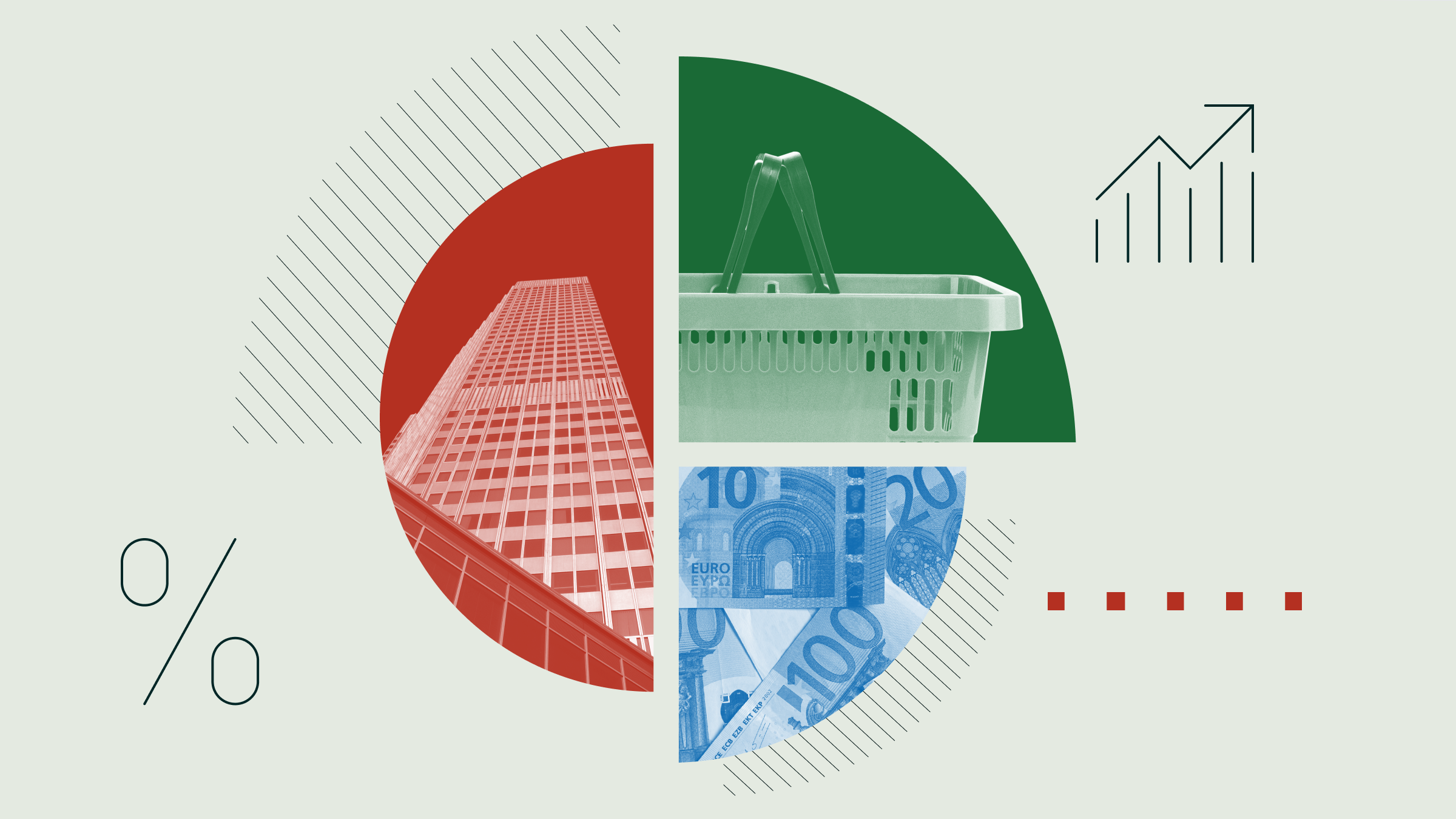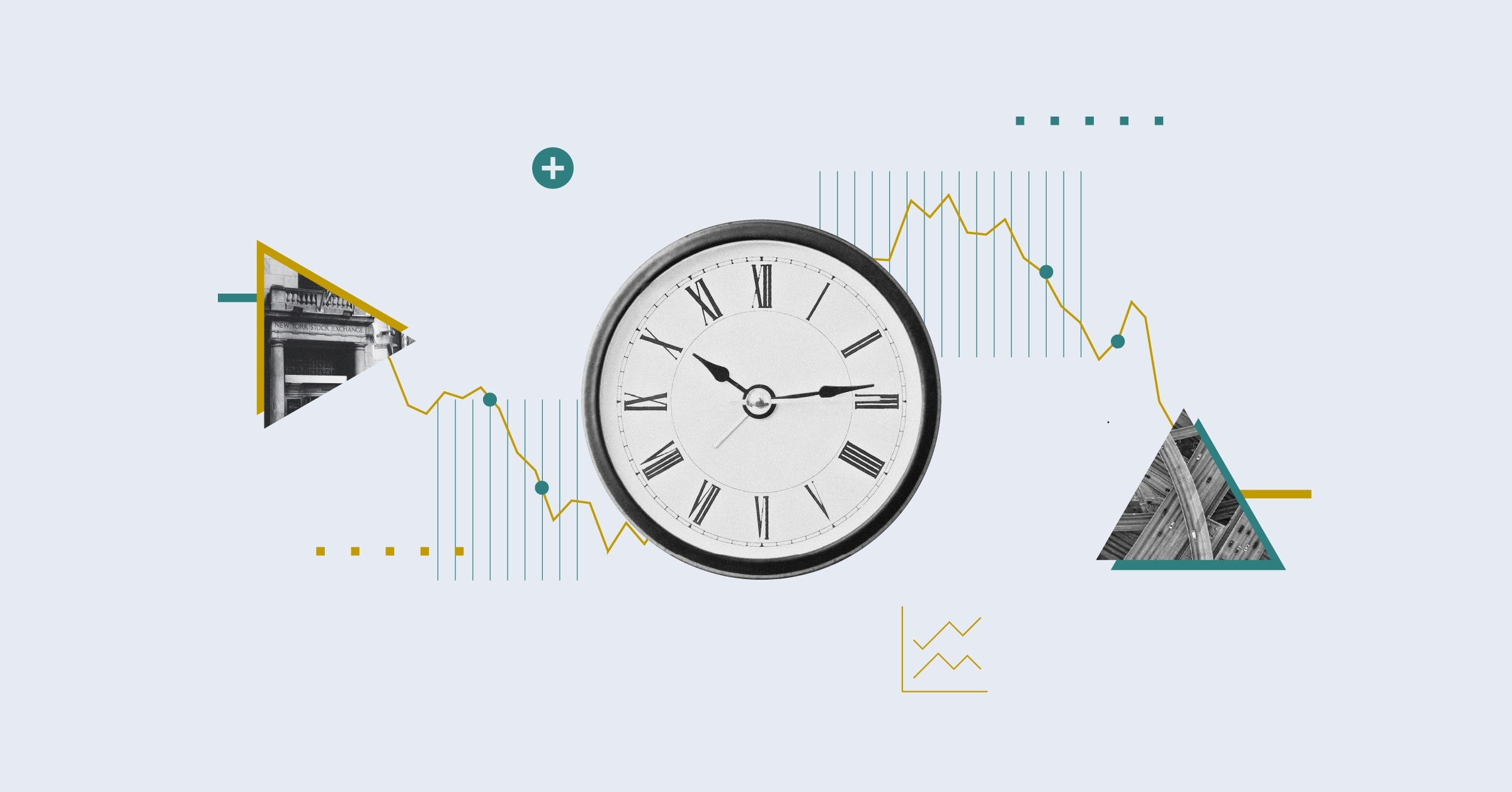Rolle im Portfolio
To be included in the SG Global Quality Income Index, a constituent must meet eligibility criteria based on quality factors, such as profitability and leverage, and a set minimum dividend yield. For the past three years, the dividend yield has been consistently between 4% and 5%.
The index is more diversified across countries than a traditional market-cap world index, but with as clear bias towards Australia, which accounts for about 20% of the total index value, followed by the United States and the United Kingdom with 16%-20% each. Sectorwise, it is titled towards defensive stocks, with utility and telecom companies representing more than half of total portfolio allocation.
This exchange-traded fund can be used as a tactical holding for investors seeking to boost portfolio income. It can also be used to protect a portfolio from inflation’s adversary effects. Empirical studies show that high-dividend-payers, like utility, energy, and food companies, generally provide goods and services that are able to keep pace with inflation.
This fund pays dividends on a semiannual basis.
Fundamentale Analyse
While many investors chase capital gains, historically much of the total return from equities has come in the form of dividends. Depending on the market, dividends have historically accounted for 40% to 60% of the returns from investing in stocks. Dividends allow investors to receive constant cash flows, increasing their personal income. They also gauge the company’s financial health as dividend distribution occurs when a company is profitable and generates excess earnings. Regularly paying out earnings to shareholders also reduces the chance of corporate management making unprofitable acquisitions.
Over the past few years, since interest rates have been historically low, income-deprived investors have looked to augment their returns with dividend-paying equities. This situation is about to change. The Federal Reserve and the Bank of England are looking to increase rates, while the European Central Bank and the Bank of Japan have indicated a willingness to increase monetary stimulus because of continuing deflationary pressure caused by declining commodity prices.
Dividend-payers tend to outperform in stable and declining-rate environments but struggle when rates are on an upswing. When rates rise, a company's cash flow is discounted at a higher rate. Many high-dividend-paying equities come from defensive sectors like utilities, consumer staples, and healthcare. These companies are less sensitive to the economic cycle, but when the economy is growing, they do not generate the same level of demand as cyclical and speculative equities.
Indexkonstruktion
The SG Global Quality Income NR EUR Index is composed of 25 to 75 equally weighted nonfinancial stocks with a free-float-adjusted market capitalisation of at least $3 billion listed in North America, Europe, and Asia-Pacific. To be included in the index, a constituent must have the following eligibility criteria: a quality score (calculated based on the profitability, leverage, and operating efficiency of the issuer); a high balance sheet risk score, as measured by the distance to default; and an adjusted dividend yield greater than the highest value of either 4% or 125% of the market-cap-weighted dividend yield of the universe. If less than 25 or more than 75 companies meet the criteria, then another filtering will take place. Stocks with the highest “Overall Quality Score”--as defined by the quality and balance sheet score--will be chosen to join the index. If two companies have the same score, the one with the higher yield will be selected. The market-cap requirement may be lowered to $2 billion if not enough constituents meet the eligibility requirements. Companies may also be removed completely from the index if an unpredictable event occurs, independent of the economic cycle, like a natural disaster or a war. In this instance, the number of constituents in the index may fall below 25 until the next rebalance date. The index is reviewed and rebalanced on a quarterly basis. Geographically, Australia represents 18%-22% of the total index value, followed by the United States and the United Kingdom with 16%-20% each. Top sectors include utilities (22%-26%), telecommunications (20%-24%), and consumer discretionary (14%-18%). The index is not very heavily concentrated at the stock level, with the top 10 names accounting for 25%-30% of the total weighting. As of this writing, there are 40 constituents and the top holdings are Altria Group, Singapore Telecom, and Fletcher Building with 2%-3% each.
Fondskonstruktion
The fund uses synthetic replication to capture the returns of the SG Global Quality Net Return Index. Instead of holding the securities in the index, the ETF enters into a swap agreement with counterparty and parent bank Societe General. In this transaction, the ETF uses investors’ cash to buy a substitute basket of securities and exchanges their return (plus net of a swap fee, which can be positive or negative) for the return of the index. Lyxor commits to targeting zero counterparty risk exposure. The swap is therefore reset whenever the swap value becomes positive. Swaps may sometimes have a negative value, which would be in essence equivalent to an overcollateralisation of the fund. The substitute basket, which can change daily, is made up of liquid stocks that belong to major indexes and maintain a minimum average trading volume and market capitalisation. As of this writing, swap counterparty exposure is negative 2.17 (% of net asset value), with the substitute basket representing 102.17% of the fund’s NAV. The fund’s holdings, which are monitored daily by Lyxor’s asset manager, are held in a segregated account at Lyxor’s custodian, Societe Generale Security Services. The fund does not engage in securities lending.
Gebühren
The fund’s total expense ratio is 0.45%, which is in line with other ETFs targeting global high-dividend-payers but high relative to standard market-cap-weighted ETFs providing exposure to developed-markets equities. During the past three years, the tracking difference (fund return – index return) ranged from negative 0.12% to negative 0.47%, indicating that annual holding costs may vary significantly. Additional costs to investors associated with trading the ETF include bid-ask spreads and brokerage fees.
Alternativen
There are three alternative funds providing exposure to global dividend stocks, the db X-trackers and iShares funds tracking the STOXX Global Select Dividend 100 Index and the UBS ETF DJ Global Select Dividend. These funds offer total expense ratios of 0.50%, 0.46%, and 0.30% for db X-trackers, iShares and UBS, respectively.
As an alternative, investors looking for global equity exposure can also look to standard market-capitalisation-weighted funds. The cheapest funds are db X-trackers MSCI World ETF and the Vanguard FTSE Developed World, with total expense ratios of 0.19% and 0.18%, respectively.
Die in diesem Artikel enthaltenen Informationen dienen ausschließlich zu Bildungs- und Informationszwecken. Sie sind weder als Aufforderung noch als Anreiz zum Kauf oder Verkauf eines Wertpapiers oder Finanzinstruments zu verstehen. Die in diesem Artikel enthaltenen Informationen sollten nicht als alleinige Quelle für Anlageentscheidungen verwendet werden.

















